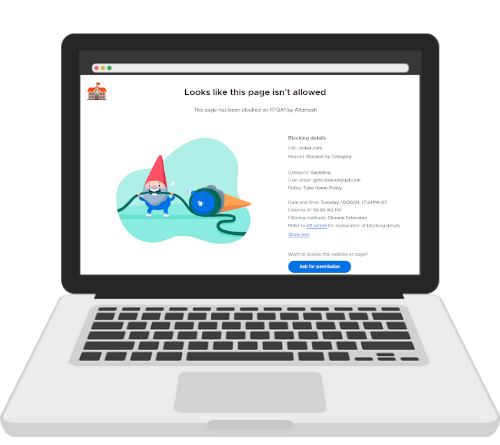Online privacy and censorship is a balancing act
Who gets the right to view the media they want? In the digital age, this is an ongoing argument across the country and world. Across the US, districts are banning books, Montana has banned TikTok, congress has begun hearings for the RESTRICT Act, and certain media sites are making it harder to verify information and accounts. Even in CVUSD, our media usage is arguably censored through the use of Securly–a keyword, website, and domain blocker.
The Olympian, too, is divided on what kinds of content should and shouldn’t be censored. Due to various landmark cases in the Supreme Court like New Jersey v. T.L.O, it has been affirmed that students have limited rights while on school campuses—students can be searched by staff members without search warrants depending on the circumstances. Does this apply to online access being monitored or the idea that we should not have access to certain materials?
The reasoning behind why materials are banned in the first place was considered. Often, adults are worried about what young people will do with certain knowledge. However, what has been banned so far in various school districts and states are books and media addressing queerness, transness, and racial uplift, while books like “Mein Kampf” are still on shelves around the country. Through the software company employed by CVUSD, Securly, social media sites are blocked on school chromebooks as well as necessary class materials and searches including “queer-friendly colleges.”
What adults often fail to consider is that hate and violence are learned while queerness is not. Removing access to identity representation does not reduce the likelihood of someone being part of the LGBTQ+ community. Similarly, though sex education is a unit in health, students still often come away feeling unprepared as queer and trans students. This leads to them doing their own research, which is often frowned upon by administration and parents, though it is a fault of the system.
Instead of outright banning online materials, The Olympian believes it is crucial to teach media literacy–or how to navigate all the information online between truth, fiction and political leaning. With social media like TikTok and Instagram being major outlets for news–mixed with fake news–it is important to teach how to take all the input and filter through it instead of outright taking it away. We do take note that websites are not banned by the school, per say, but blocked by the Securly extension.
Securly is useful in preventing students from accessing explicit content on school browsers. If a student brings a device from home, however, they do not face the same restrictions imposed by Securly. This creates inequity within technological access.
With social media like TikTok, Twitter, and Instagram having detrimental impacts on teens mental health, in some regards it makes sense to limit those to young people. However, perhaps we should leave the decisions to parents about their own childrens’ access instead of letting some make the decisions for all like how book bans and “don’t say gay” laws do.
While limiting access to harmful material can support students’ academic growth and mental health, it can sometimes be overstepping personal boundaries; Securly and administration do not know the context for every search or what knowledge people are coming from. Though The Olympian didn’t fully come to a consensus of what should or shouldn’t be censored, we agree that there needs to be a balance of what is limited by schools. There must be clear guidelines from the district that incorporate a distinction between media that is harmful versus uncomfortable.

